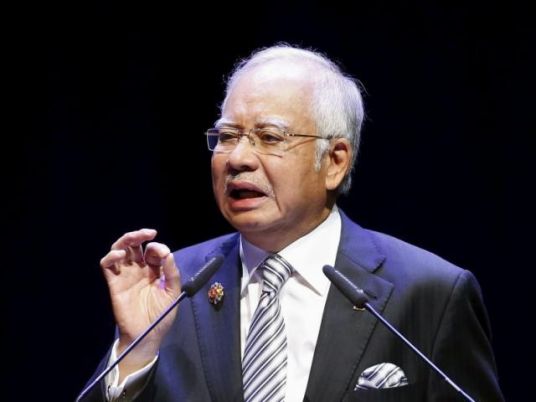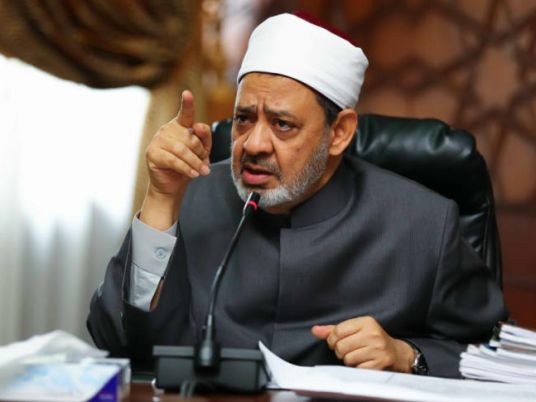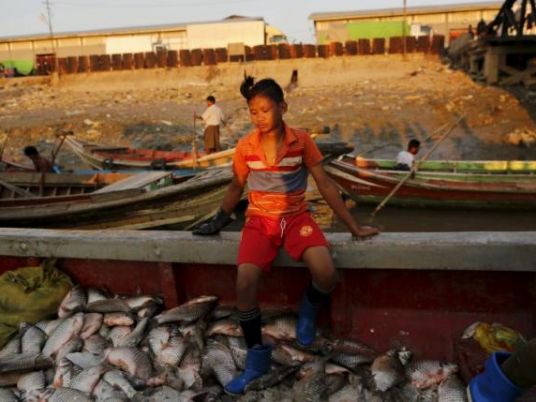Myanmar's reformist government has launched an official probe into a flare-up of sectarian violence in the west of the country, state media said Thursday, pledging to punish those responsible.
Ten Muslims were killed on Sunday in Rakhine state, which borders Bangladesh, by a mob angered at the rape and murder of a local woman allegedly by three Muslim men.
The attacks on Muslims, considered foreigners despite a decades-long presence in Myanmar, threaten to overshadow reconciliation efforts since political reforms last year ended almost half a century of military rule.
In a rare public response to civil unrest, the government said it had established a committee to investigate the sectarian strife and expected to hear its findings by the end of June.
"There occurred organized, lawless and anarchic acts that can harm peace, stability and rule of law in Rakhine state in May and June," said a statement on the front page of The New Light of Myanmar, the government's mouthpiece.
"The government is now marching towards a new democratic society making political and economic reforms … it is also educating the people step-by-step to observe democratic practices."
The probe will be headed by Brigadier General Kyaw Zan Myint, deputy minister at the Ministry of Home Affairs, the report said, adding that the aim was to "expose the truth and take legal actions."
The Muslims died after a hundreds-strong mob attacked a bus on Sunday, believing the perpetrators of the rape and murder of the Rakhine woman were on board.
But three suspects — described as Bengali Muslims — were already in custody, according to state media.
Calling for a fair and open investigation, Aye Maung, an upper house parliamentarian for Rakhine state, said it was "important to let the public know the truth."
"I want them to investigate the issues fairly and in accord with international standards on the fundamental rights of the citizens," he told AFP.
With fears of further violence growing, opposition leader Aung San Suu Kyi on Wednesday urged the nation's Buddhist population to show "sympathy" with minorities following the Rakhine killings.




